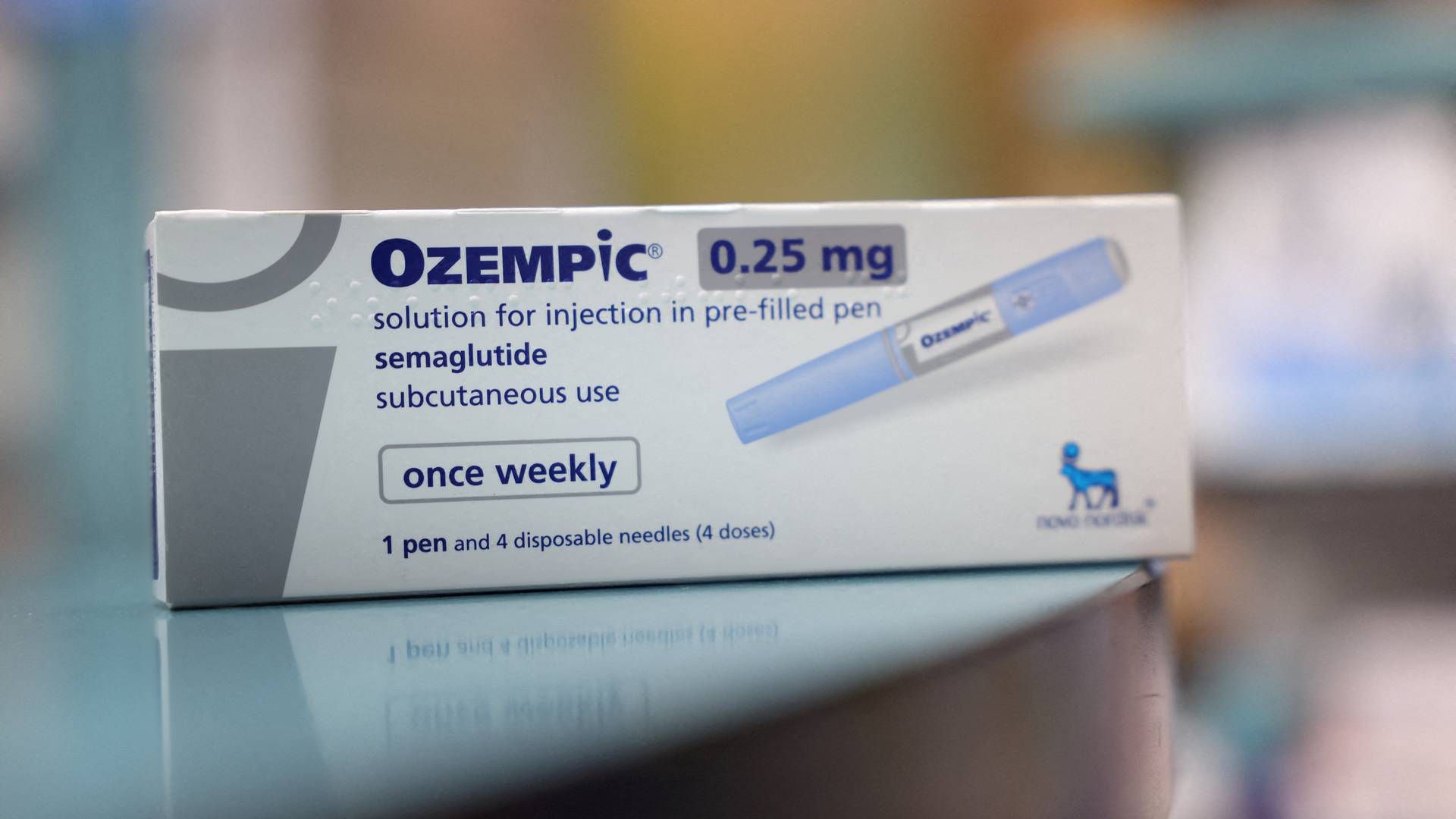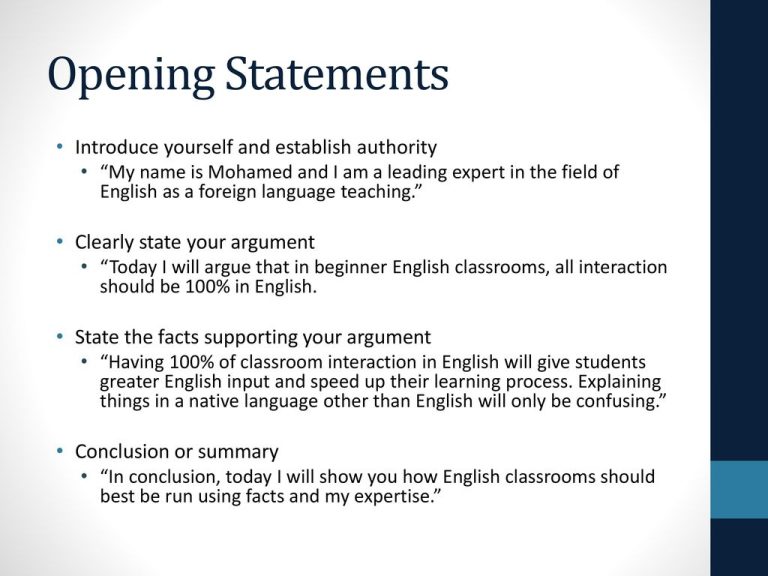What is Mg in Debate? Unlocking the Secrets of a Winning Strategy
Mg in debate stands for “Member of Government.” It’s a key role in parliamentary debate formats.
In this blog post, we will explore the responsibilities and importance of the Mg. The Member of Government plays a crucial role in shaping the debate. This person supports the Prime Minister’s case and extends the arguments. Understanding the role of Mg helps debaters develop stronger arguments and strategies.
The Mg must present convincing points, rebut the opposition, and maintain the flow of the debate. Mastering this role can greatly enhance your debating skills. We will dive into the specifics of this role, offering tips and insights for both beginners and experienced debaters. Let’s unpack what makes the Mg role so vital in parliamentary debates.

Credit: medwatch.com
Role Of Mg In Debate
The MG, or Member of Government, has key duties. They present new arguments. They must defend their team’s case. They also need to rebut the opposition’s points. This role is crucial. It can sway the debate.
The MG’s role is very important. They keep the debate on track. They provide clarity. Their arguments must be strong. They help the team gain points. A good MG can lead the team to victory.
Crafting Strong Arguments
Research Techniques are key in debate. Use many sources. Read books, articles, and reports. Find facts, not opinions. Check dates and authors. Reliable sources are important. Take notes. Write down key points. Summarize in your own words.
Evidence Presentation must be clear. Give examples. Use statistics. Quote experts. Show how evidence supports your point. Make it easy to follow. Keep it short. Don’t overload with information. Stick to the most important facts.
Effective Rebuttals
Spotting weak points in your opponent’s argument is vital. Look for logical flaws. Check for inconsistent statements. Notice if they miss key facts. These weak points give you an edge. Effective rebuttals depend on recognizing these gaps. This makes your argument stronger.
Once weak points are found, plan your response. Address the flaws directly. Provide strong evidence to counter them. Keep your points clear and concise. This makes your response more powerful. Use simple language. Ensure your argument is easy to follow.

Credit: www.lifeextensioneurope.com
Polishing Delivery
Good voice modulation makes debates interesting. Change your tone often. Speak louder for key points. Whisper for secret hints. Avoid a flat voice. It can make people bored. Use pauses. They add drama. They give time to think. Practice is key. Record yourself. Listen and improve.
Body language speaks loudly. Stand tall. Show confidence. Use your hands wisely. They help explain ideas. Avoid crossing arms. It looks closed off. Make eye contact. It builds trust. Smile occasionally. It shows friendliness. Move around a bit. It keeps attention. Practice in front of a mirror. See and adjust your actions.

Credit: kansasreflector.com
Frequently Asked Questions
What Does Mg Mean In A Debate?
Mg stands for Member of Government. It’s a key role in competitive debates.
How Important Is The Mg Speech In Debate?
The Mg speech is very important. It builds on the Prime Minister’s points.
What Are The Responsibilities Of The Mg In Debate?
The Mg must support the Prime Minister’s case. They add new arguments and refute opposition points.
Conclusion
Understanding MG in debate is crucial for participants. It ensures strong arguments. Mastering the MG position enhances overall debate skills. Effective MG speeches can sway judges and audiences. Practice and preparation are key for success. By focusing on clarity, you can deliver impactful MG speeches.
Remember, a well-prepared MG can make a significant difference. Keep refining your skills. Good luck with your future debates!




